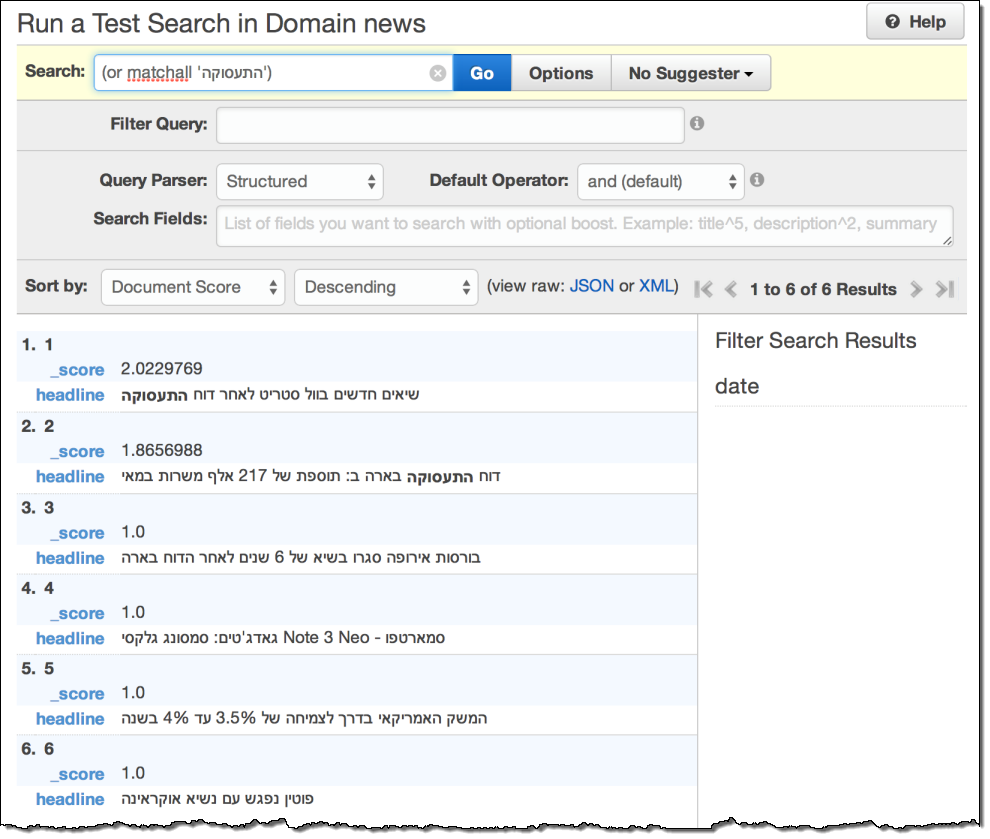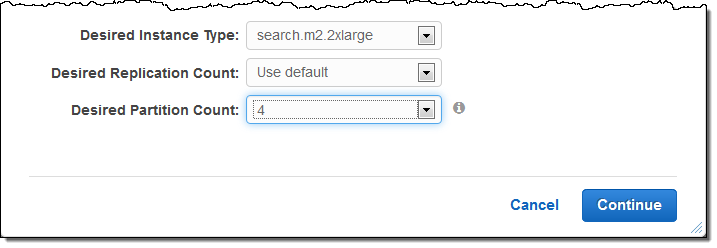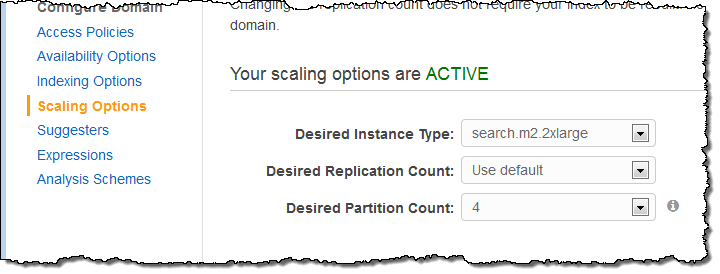AWS News Blog
CloudSearch Update – Price Reduction, Hebrew & Japanese Support, Partitioning, CloudTrail
I’ve got some good news for current and potential users of Amazon CloudSearch. As you may already know, CloudSearch is a a fully-managed service that makes it easy to setup, operate, and scale a search service for your website or application. If you use CloudSearch, you will benefit from a price reduction, additional language support, and control over domain partitioning (we released these features earlier this year but I didn’t have a chance to blog about them at that time). You can also take advantage of the recently released support for AWS CloudTrail.
Price Reduction
An ever-increasing number of AWS customers are adopting CloudSearch and we are scaling accordingly. We are reducing the hourly charge for CloudSearch by up to 50%, across all AWS Regions and search instance types. This change is effective as of November 1, 2014 and will take effect with no action on your part. With this change, the overall cost to run CloudSearch compares very favorably to the cost of setting up, running, and scaling your own search infrastructure.
Check out the CloudSearch Pricing page for more information.
Additional Language Support
Earlier this year we introduced language-specific text processing for Hebrew. With this addition, CloudSearch now supports a total of 34 languages. Here’s a search of some Hebrew-language content:

In mid-October we added support for custom tokenization dictionaries for Japanese. You can now control how CloudSearch tokenizes Japanese by adding a custom tokenization dictionary to the analysis scheme that you use for fields that contain Japanese-language text. To learn more, read about Customizing Japanese Tokenization in the CloudSearch Developer Guide.
Control Over Partitioning
If you are using the m2.2xlarge search instance type, you can now preconfigure the number of index partitions for your search domain. Preconfiguring a domain will improve the performance of large uploads. You can also add partitions to boost query performance by reducing the number of documents per partition. CloudSearch will still scale the domain up and down based on the volume of data and traffic, but the number of partitions will never drop below your desired partition count. You can exercise control over partitioning from the AWS Management Console, the CloudSearch APIs, or the AWS Command Line Interface (CLI). You can set it when you create a search domain:

And you can update it later:

CloudTrail Support
Last month we added AWS CloudTrail support to CloudSearch. You can now use CloudTrail to get a history of the calls that are made to the CloudSearch API. The calls are recorded and delivered to an Amazon S3 bucket. To learn more, read about Logging Amazon CloudSearch Configuration Service Calls Using AWS CloudTrail.
— Jeff;